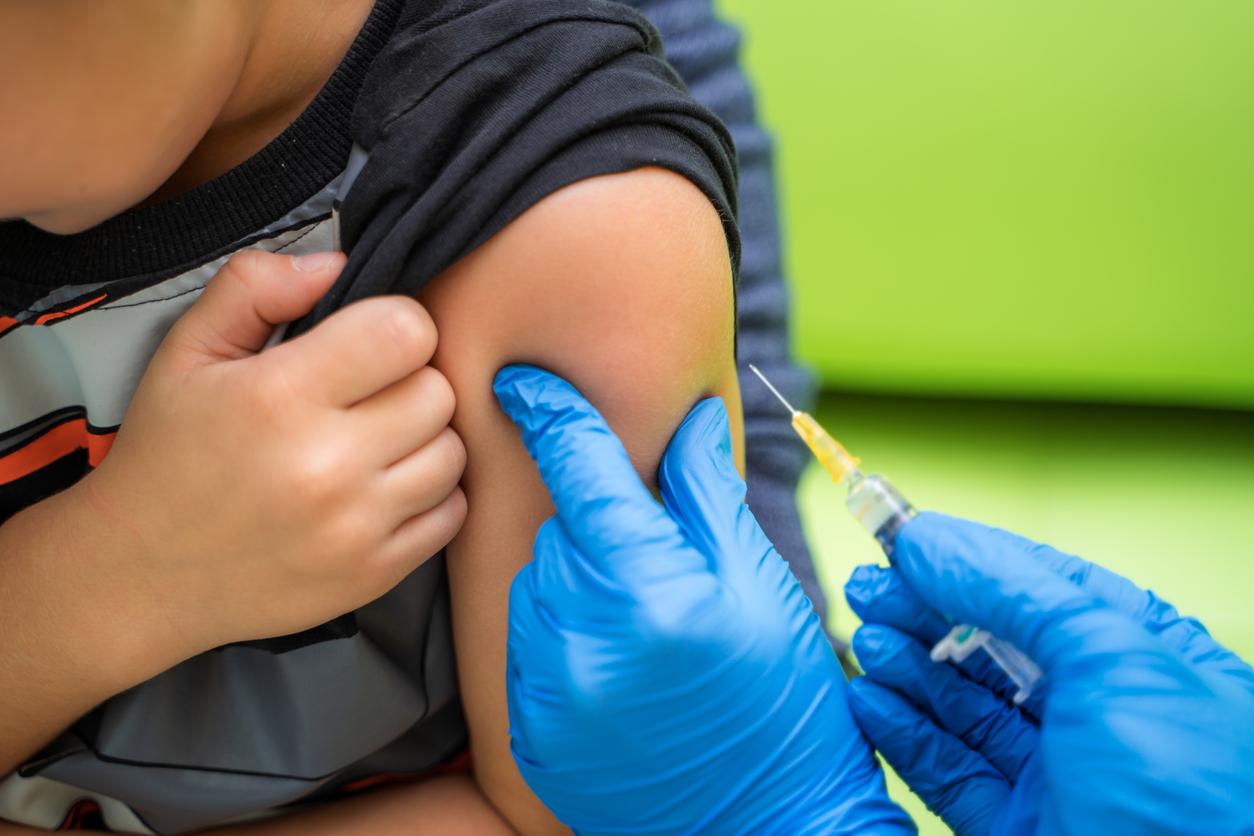1 in 10 teenagers have already used a slimming product that is dangerous to their health in order to lose weight.

- 1 in 10 teenage girls have already used an ineffective and dangerous slimming product to lose weight, according to a new study.
- “Given the ineffectiveness of these products for weight loss and their harmful consequences on long-term health, these results suggest that interventions are necessary to reduce the use of weight-loss products among young people,” say the researchers.
- 20% of young people aged 6 to 17 are overweight in France, including 5.4% who are obese.
According to a new study1 in 10 teenagers have already used an ineffective and dangerous slimming product to lose weight.
“The use of non-prescribed weight loss products among adolescents is a public health problem associated with negative physical and psychological consequences. However, the prevalence of use of non-prescribed weight loss products among adolescents was not known until here”, specify the researchers in the preamble.
The use of weight-loss products is greater among girls
In total, 90 scientific articles (or 604,552 unique participants) were included in their meta-analysis. Among them, 50 studies (56%) were from North America.
The prevalence of weight loss product use among adolescents was 6% overall. This figure was 2% in the past week, 4% in the past month, 6% in the past year, and 9% in the lifetime.
The use of weight loss products was greater among girls than among boys.
“This meta-analysis found that the use of weight-loss products is highly prevalent among adolescents, particularly among girls,” summarize the researchers. “Given the ineffectiveness of these products for weight loss and their adverse long-term health consequences, these results suggest that interventions are needed to reduce the use of weight loss products among young people”they conclude.
Weight loss products are dangerous for your health
Use of nonprescribed weight-loss products among adolescents increases the risk of weight gain in adulthood and is prospectively associated with an elevated risk of eating disorders in the years following initiation of use.
Additionally, longitudinal studies have previously shown that non-prescribed use of weight loss products is associated with low self-esteem and depression. Cross-sectional studies have also highlighted an association between non-prescribed use of weight-loss products and the consumption of psychoactive substances.

Despite a stabilization since 2006, the prevalence of overweight and obesity among children and adolescents remains too high in France: 20% of young people aged 6 to 17 are overweight, including 5.4% in a situation of overweight. ‘obesity.
“Among children who are overweight or obese at the age of 6, almost one child in two remains in third grade,” specifies Health Insurance.
As adults, nearly one in two French people are overweight, i.e. 54% of men and 44% of women.

















